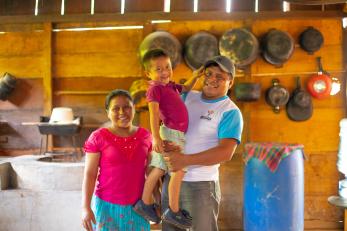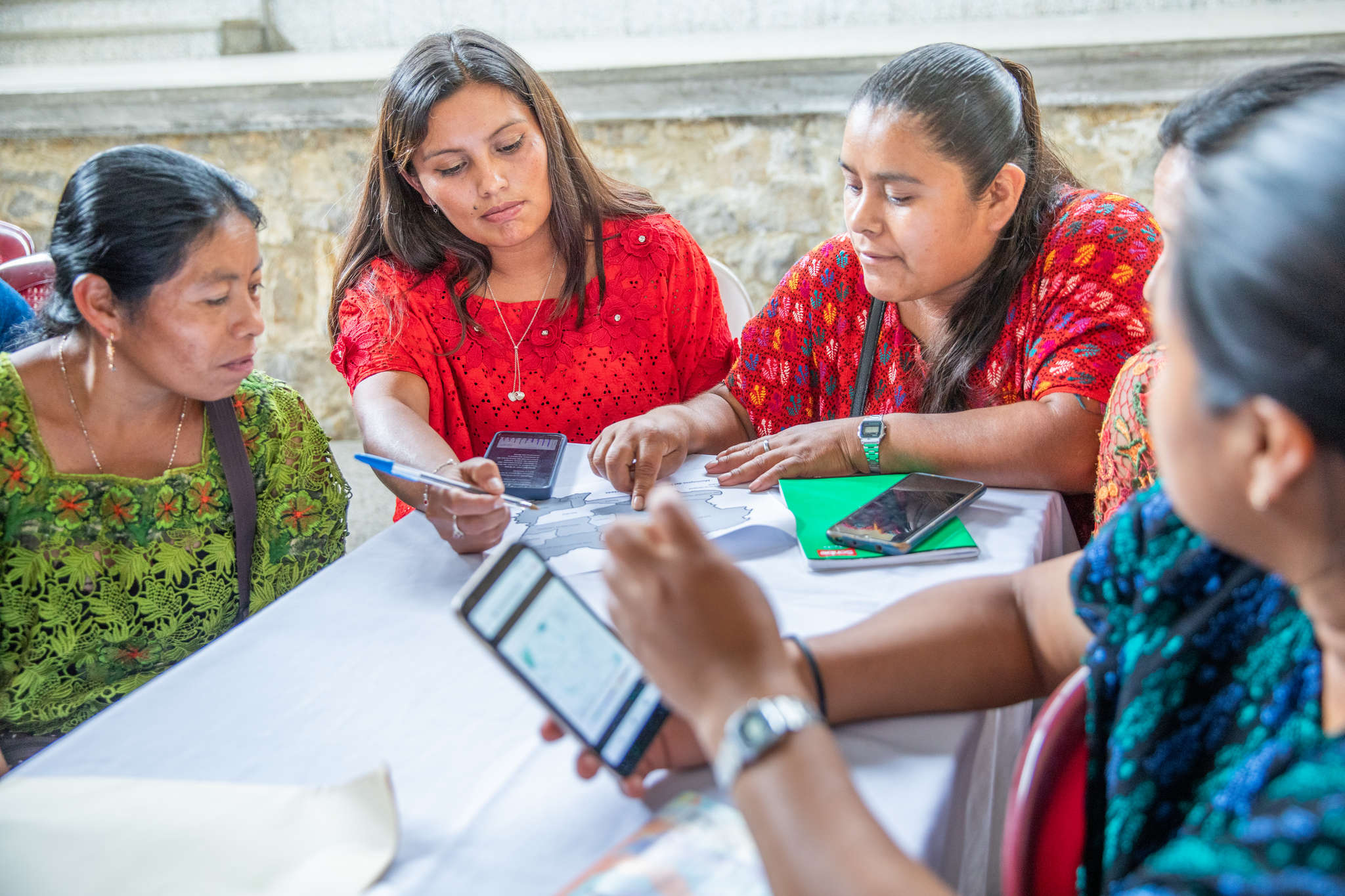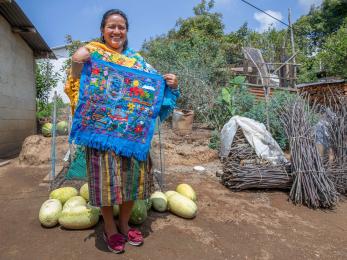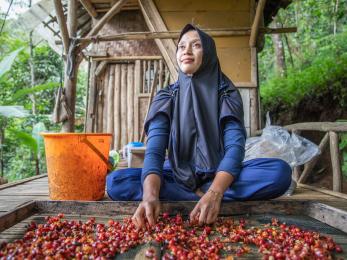Cultivating cardamom: Guatemalan farmers and growing communities
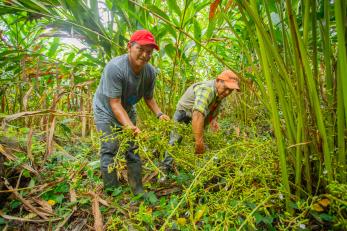
For many people in Alta Verapaz, Guatemala, cardamom farming is a family business. In rural Cobán, where Francisco Pop was born and raised, his father taught him how to sow and tend the crop. “I know the land and I know how to manage cardamom cultivation,” said Francisco.
My own father was a manager on a cardamom farm when I was growing up. I fondly remember visiting the farm when I was a teenager and helping to harvest the crop with my brothers and father. While families have been growing and selling the crop for generations, they’ve faced the challenge of accessing modernised practices and technologies that can help boost and sustain their livelihoods.
I am learning about how we can improve our local economy, about how to sell our product. In the community the main thing is the cultivation of cardamom. That is how we survive.
Ricardo Paau Xol, Farmer
Cardamom—a zesty spice used in sweet and savory dishes around the world—is a popular ingredient in teas. Guatemala grows and exports the most cardamom in the world and the farmers in Alta Verapaz produce 70% of the crop. Since their local economy is heavily reliant on cardamom cultivation, it’s essential for the farmers to adapt and learn ways to earn more income for their yields.
With support from Twinings, since 2019, we’ve worked with more than 550 participants as part of our programme to improve the livelihoods of cardamom farmers. Their latest support in Guatemala is part of their commitment to strengthening the livelihoods of tea and herb farming communities. We’ve partnered with Twinings to collaborate on building ethical and sustainable supply chains for more than ten years. For the next phase, Yogi Tea is partnering with Twinings to scale the project. This partnership will reach even more small producers in Alta Verapaz, while providing holistic support to their families, from vital home improvements to campaigns to end child labour.
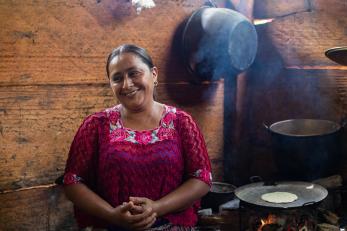
Every bump in the road can have a big impact for small farmers, so it was important to help the farmers continue to earn income and remain safe during the COVID-19 pandemic. We built handwashing stations and provided masks and hand sanitisers in areas with a lot of foot traffic. We’re beginning to work with families to help with improving access to water in their homes and support basic sanitation in schools. It’s important for us to not only focus on improving livelihoods, but to also increase access to basic needs for the community overall.
With our support, the farming communities formed local committees where they offer workshops on topics like improving agricultural practices and how to receive organic certification. As part of the certification process, we helped install a propane gas dryer to introduce a more sustainable alternative to their traditional firewood kilns. The gas dryer helps to reduce deforestation, decrease emissions, while improving the quality of the crop. We’re working with the farmers to install more gas dryers as they shift toward more environmentally friendly production methods.
Due to the success of the local committees, 45 producers came together to form the Association of Organic Producers. We’re supporting them on their plan to become a legal entity so that more producers can gain organic certificates, access new cardamom markets, and increase their income.
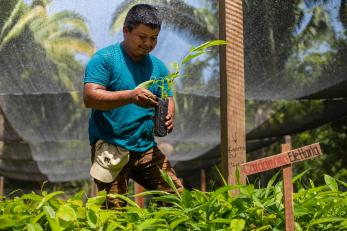
We’ve trained agriculture promoters—45% of whom are women—to lead workshops across 13 communities that cover topics like managing pests and diseases to how to gain organic certification. Through collaboration with the communities, we’ve provided trainings on marketing, built an agroforestry nursery to help diversify crops, and promoted women’s savings and loans groups.
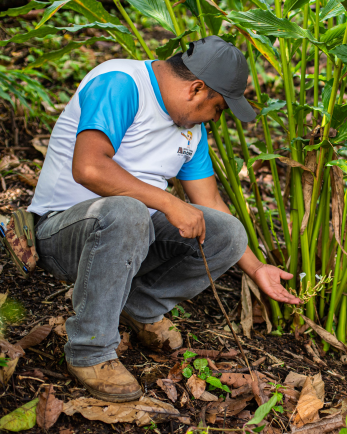
After learning about and growing organic cardamom, we connected farmers like Ricardo Paau Xol to a regional farmers’ association who markets the crop as fair trade. By producing organic, fair trade cardamom, Ricardo earns a higher price for his harvest. Ricardo has reinvested in his plantation and opened another small business, a convenience store, with the additional profits he earned. “And with these small actions I know that I can also improve the life of my family and my community,” Ricardo said.
